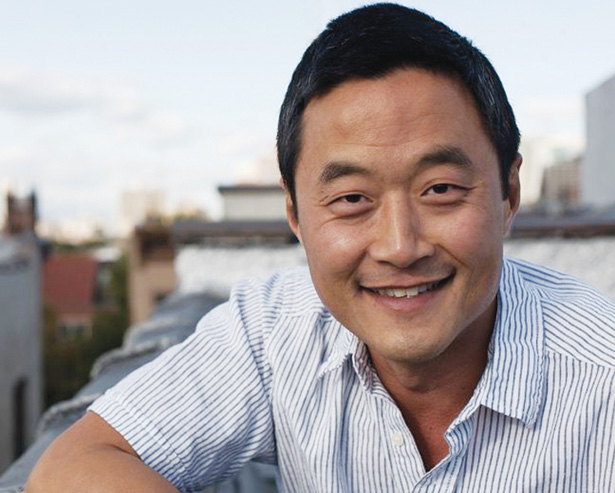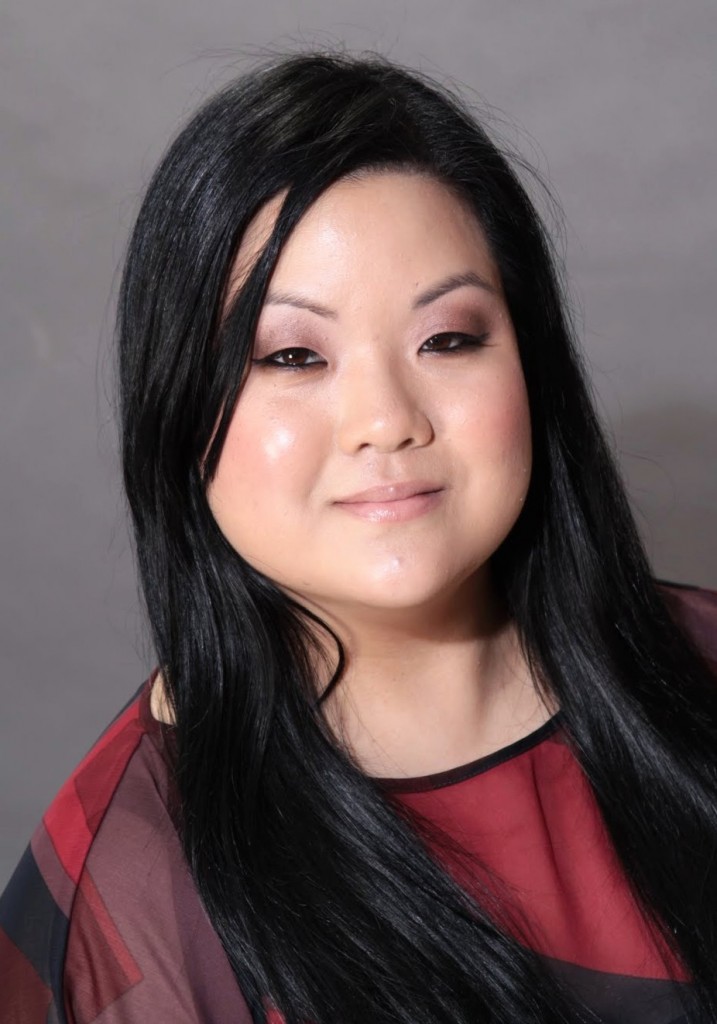The pioneering actor reflects on his life and career more than a decade after issuing a passionate “mission statement” that called for Hollywood to shape up.
by George Toshio Johnston
Actor Steve Park has always been a little bit ahead of the curve. Prior to his stint as a cast member of the Fox variety show In Living Color in 1991, he appeared in director Spike Lee’s 1989 film Do the Right Thing. He also had a small but memorable role as the hapless Mike Yanagita in the Coen brothers’ Fargo in 1996.
The best example of Steve Park being on the leading edge, however, was in the area of Internet activism, when in 1998, he wrote his “mission statement,” a cri de coeur inspired by his observation of the nonchalance attached to the undignified treatment of fellow Asian American actor James Hong on the set of NBC’s “Must See TV” cornerstone Friends.
For a short time, Steve Park’s mission statement put him in the spotlight, albeit one he was not used to, namely that of critic of the industry that employed him. His electronic epistle nevertheless spread like a computer virus passed on from reader to reader, touching everyone for its sincerity and thoughtfulness, with its invocations of the Dalai Lama and Nelson Mandela, and its cajoling of Hollywood to be more responsible in its treatment and depictions of people in general, and Asian Americans and Asians in particular.
Sincerity is one thing. Hollywood is another, and rarely do the twain meet. For someone not at the top of the Hollywood food chain, Steve Park’s mission statement might have been costly, career-wise—because once the hubbub died down, Steve Park was, seemingly, gone.
Unlike 1991, now you can Google him—but the top result finds you a Nascar driver, not the actor. So where the heck is Steve Park? Steve Park, sadly, is no more.
Stephen Park, however, is alive and well in his hometown of Brooklyn, N.Y., a husband and the father of two young children. Having returned to his roots, he also decided to return to the name he went by in his pre-showbiz days, feeling it was more personal.
Looking back at his mission statement, Park says he has no regrets about writing it, but adds that he’s in a different place in life now. “Racism is something that I had been confronting since I was a child, and things had come to a head for me as an actor,” he said. “I feel times have changed quite a bit.”
Stephen Park didn’t fall off a career cliff; he has worked steadily over the years, even reuniting with the Coen brothers for a role in 2009’s A Serious Man. Furthermore, he appears in the upcoming romantic comedy, Wedding Palace, directed by Christine Yoo.
Park had his own wedding experience in 1999, when he and fellow In Living Color cast member Kelly Coffield married. “She was the white chick, and I was the Asian dude,” Park said.
They left Hollywood for the East Coast in 2000, settling in Brooklyn in 2001. Together, they are raising their children, Owen, 10, and Eliza, 8. Being a family man suits him just fine. “It’s life-changing. All your priorities shift. But it’s wonderful,” he said.
Along with Neil Patrick Harris, Park and his wife appear together as a married couple in the well-regarded, yet-to-be-released indie comedy The Best and the Brightest, about the competitiveness New Yorkers with kids encounter when trying to enroll them in an elite kindergarten.
In Wedding Palace, Park plays the father of a 29-year-old son, Jason, played by Brian Tee. On a business trip to Korea, Jason falls for a Korean woman played by Oldboy actress Kang Hye-jeong, and they begin a long distance romance via the Internet.
“The back story is that we have a family curse,” says Park. “He needs to get married before the age of 30, or something horrible will happen to him.” The title of the film refers to what Park called “wedding factories” in Korea, where everything one can think of is available.
Park said Palace is being compared to My Big Fat Greek Wedding and Slumdog Millionaire. In June, the movie won best feature film and best cinematography at the Cine Gear Expo Film Series.
Wedding Palace is facing a challenge from a marketing standpoint because it features an all-Asian cast, Park noted. In other words, since the mission statement, some things have improved, not so much for other things. Park feels, however, that the Internet has been a “great leveler” for content creators.
“There’s a lot of opportunities to express yourself no matter who you are,” he said. “Hollywood is always going to be Hollywood, … the whole paradigm of white people starring in things and taking content from Asian stories or from Asian countries and then ‘Hollywoodizing’ them—I feel that’s always going to happen, but to rail against that is kind of pointless and a waste of energy.”
Steve Park, the crusading minority actor, is no more. But Stephen Park, veteran actor, father and husband, is here, and in a better place in his life.
“There are endless opportunities to just do your own thing, to do what you want to do and to express yourself, and no one’s stopping you anymore,” he said. “All of this [filmmaking] equipment that’s becoming more and more affordable … so in a sense, there are no excuses anymore.”
This article was published in the September 2011 issue of KoreAm. Subscribe today!
[ad#graphic-square]






